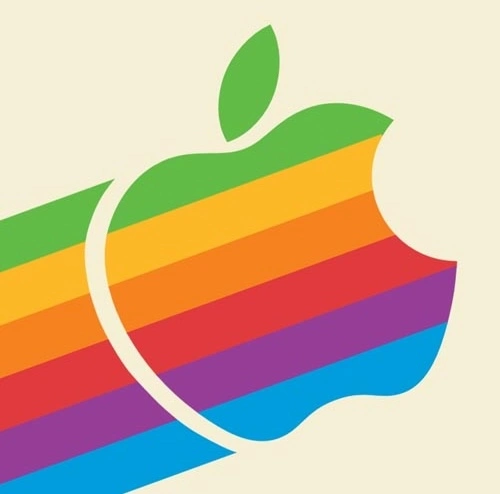

You’re missing MAGA logic though. If Harris wins in a landslide, that’s further proof that the results were tampered with, because clearly not that many people actually voted for her…


You’re missing MAGA logic though. If Harris wins in a landslide, that’s further proof that the results were tampered with, because clearly not that many people actually voted for her…


It’s more Y’all Quaeda


My boss told me verbally “don’t call your colleague a fascist by email or anything else that leaves a record”, so that was nice of him.


You can never replace those cities and towns
For someone who nominally has a fortune in real estate, he clearly doesn’t understand how construction works.
You absolutely can replace towns and cities, and someone is going to make a shitload of money doing just that once the conflict is over. The only question at the moment is whether they’re going to be Russians or westerners.


Donald Trump owes more than $100m from lawsuits
No shit, he hasn’t paid the half a billion dollars from that single lawsuit yet, never mind any of the others…
Apparently it’s literally in the standardised tests… that’s what’s causing the problems! 😉


To demonstrate the lack of a “clear mandate”.
Yes, Trump will win if he gets one more vote than Biden, but the more he loses the popular vote by, the more justification people have for protesting.
So if he wins on electoral college votes but loses the popular vote by a landslide, at least it shows what The People are actually thinking.
Shhhhh, it’ll be ok, just go to sleep…
It would almost be funny if not for the whole “fate of American democracy” thing.
Sure, the Democrats are Doctor Evil and his minions. But the Republicans are literally Hitler and the nazis.
Vote accordingly.
Because they think they’re helping stand on other people’s necks, and that’s just fine in their book.
Then they act all surprised with the “I never thought the leopards would eat my face!” when it happens.


The last time I tried to install Windows 11 on a VM (Nutanix AHV), I had to fiddle with a virtual TPM and lost the live migration feature as a result.
Dos this mean I can install the LTSC version, not need the TPM and have a working, live migrate-able machine?
Something to test next week…


God, how do you fill an entire article with that headline and then with no shame at all stick this in the middle?
So far, we don’t know of any updates coming to the iMac except for the M4 chip.
Also, M4 Mac Mini, you cowards, since there was no M3 version…


It’s an older meme, sir, but it checks out.


Not sure why you’re downvoted for that. I’m a meat eater, and I’ll admit veganism seems more ethical. But it’s too inconvenient to give up meat, so I don’t. And having vegans around reminds me that I could be doing more to make the world a better place. So guilt.
Probably helped by the fact that none of the vegans I know are preachy about it, so I can’t just assume they’re all assholes either.


Reminder that on an iPhone, if you hold the Volume Up and Power buttons simultaneously for several seconds, the phone will vibrate and will require the PIN or password next time you unlock it, not Face/TouchID. This happens whether the screen is on or off, so you can discretely do it in your pocket.


Boy, sure would be nice if there were literally any consequences at all for him, wouldn’t it?
It’s like… I want to disagree with you, but you’re making me think.
Why are we ok with having required services that are only provided by third party companies?
They’re not specific - No government says you must have a Facebook or Twitter account. But you’re right - you have to have a bank account and you’ll not get far in 2024 without email.
What about a step further? If you want a phone number, you need a landline or mobile. Both of those are only provided by private companies too…
While I don’t disagree with you in principle, I do find it a bit funny that you’ve picked one of the easiest services to change between as your hill.
There’s no reason you _ have_ to use Gmail, or Hotmail. There are a billion email providers and if you have enough technical knowledge, you can even run your own (I really don’t recommend this though, it’s harder then it seems to do it safely and securely).
If you pick a provider outside the US, your government can’t do dick about getting it shut down, and if you pick one in a particularly privacy-conscious country, you can have everything encrypted to the point where the provider themselves can’t read your messages.
Also, I assume this is similar in the States, but I’ve seen government IT projects in the UK and some of them are truly awful. I wouldn’t necessarily trust them to look after important emails for me. Plus a single source of email would be an awfully tempting target for hacker groups around the world.
Yes, a label is just a more versatile folder. If you don’t like that, you can just use a single label per email, but I genuinely can’t see any value in that. But you can if you want.
Oh, sorry, don’t misunderstand - obviously a crushing defeat in the popular vote is the best outcome.
I’m just saying they have a plan for a narrow loss and a plan for getting the shit kicked out of them.